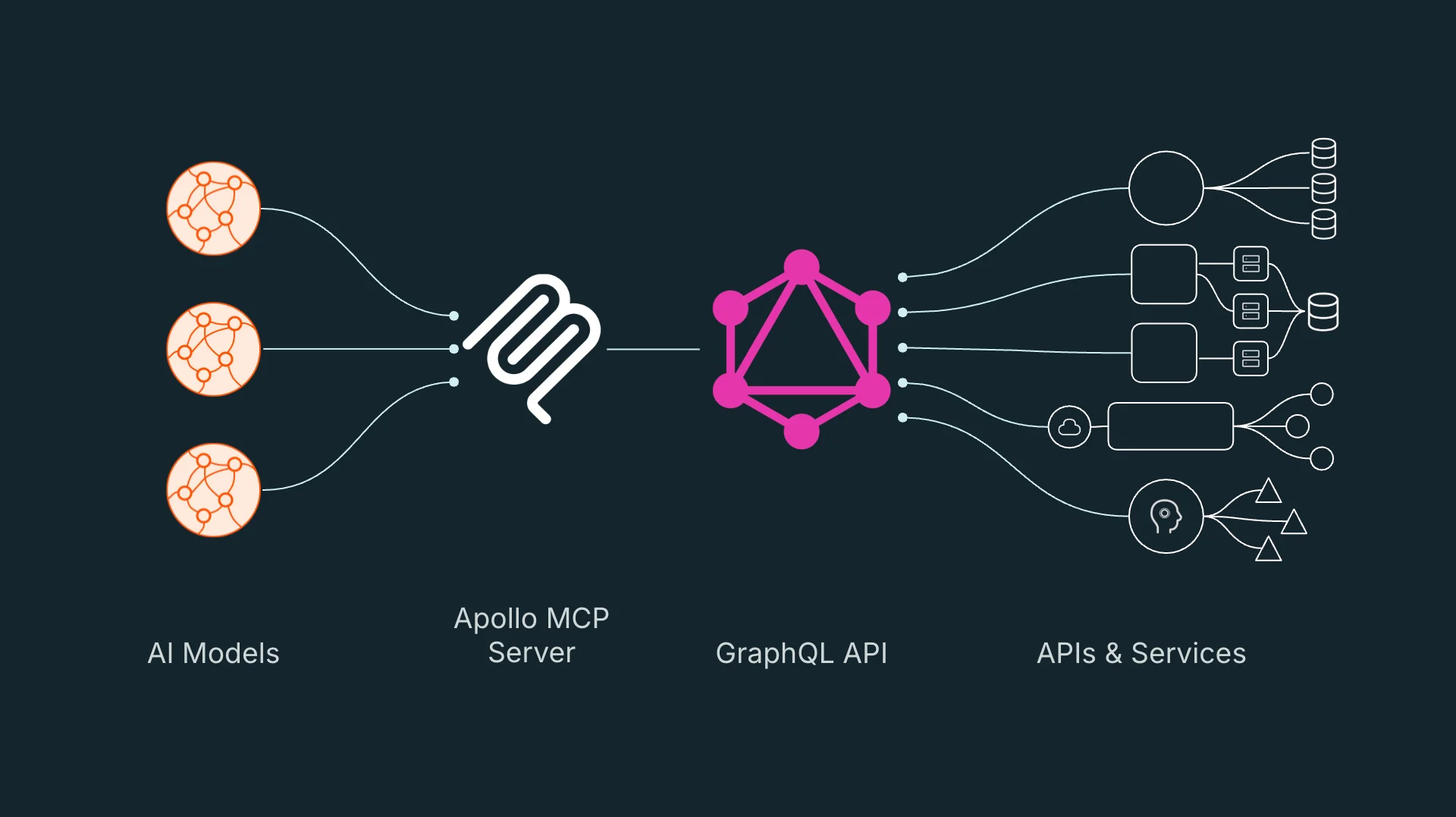Building APIs with GraphQL: A Complete Guide
A thorough, hands-on guide to GraphQL for building modern APIs, from core concepts to advanced patterns and real-world deployment.
🔗 Building APIs with GraphQL: A Complete Guide
GraphQL has transformed the way developers build and consume APIs. In this comprehensive guide, we’ll explore GraphQL from the ground up—covering its core concepts, practical implementation, advanced patterns, and best practices for real-world projects.
🚀 What is GraphQL?
GraphQL is a query language and runtime for APIs, developed by Facebook. Unlike REST, which exposes multiple endpoints, GraphQL exposes a single endpoint and lets clients specify exactly what data they need.
Why Use GraphQL?
- Flexible Queries: Clients fetch only the data they need.
- Strong Typing: Schema defines types and relationships.
- Single Endpoint: Simplifies API design.
- Evolvability: Add new fields without breaking clients.
🏗️ GraphQL Core Concepts
- Schema: Defines types, queries, mutations, and relationships.
- Query: Read data from the API.
- Mutation: Write or modify data.
- Resolver: Functions that fetch or modify data for a field.
- Type System: Scalars, objects, enums, interfaces, unions.
📝 Defining a GraphQL Schema
Example schema for a blog:
type User {
id: ID!
name: String!
posts: [Post!]!
}
type Post {
id: ID!
title: String!
content: String
author: User!
}
type Query {
users: [User!]!
posts: [Post!]!
}
type Mutation {
createUser(name: String!): User!
createPost(title: String!, content: String, authorId: ID!): Post!
}
🧑💻 Implementing a GraphQL Server
1. Setup with Apollo Server (Node.js)
npm install apollo-server graphql
2. Basic Server Example
const { ApolloServer, gql } = require('apollo-server');
const typeDefs = gql`
type Query {
hello: String
}
`;
const resolvers = {
Query: {
hello: () => 'Hello, world!',
},
};
const server = new ApolloServer({ typeDefs, resolvers });
server.listen().then(({ url }) => {
console.log(`Server ready at ${url}`);
});
🧩 Advanced GraphQL Patterns
1. Arguments & Variables
query GetUser($id: ID!) {
user(id: $id) {
name
posts {
title
}
}
}
2. Fragments
fragment PostFields on Post {
id
title
content
}
query {
posts {
...PostFields
}
}
3. Subscriptions
Enable real-time updates:
subscription {
postCreated {
id
title
}
}
🏃♂️ GraphQL in Real-World Projects
1. Frontend (React + Apollo Client)
npm install @apollo/client graphql
import { ApolloClient, InMemoryCache, ApolloProvider, useQuery, gql } from '@apollo/client';
const client = new ApolloClient({
uri: '/api/graphql',
cache: new InMemoryCache(),
});
const GET_POSTS = gql`
query {
posts {
id
title
}
}
`;
function Posts() {
const { loading, error, data } = useQuery(GET_POSTS);
if (loading) return <p>Loading...</p>;
if (error) return <p>Error: {error.message}</p>;
return (
<ul>
{data.posts.map((post) => (
<li key={post.id}>{post.title}</li>
))}
</ul>
);
}
// Wrap your app with ApolloProvider
2. Backend (Resolvers, Context, Auth)
- Use context to pass user/session info.
- Protect mutations with authentication.
- Batch and cache requests for performance.
🛡️ Best Practices for GraphQL APIs
- Schema-First Design: Start with your schema.
- Documentation: Use tools like GraphiQL or Apollo Studio.
- Error Handling: Return meaningful errors.
- Pagination: Use
first,after,last,beforearguments. - Security: Validate inputs, limit query depth, and rate-limit requests.
🏆 Case Study: Migrating from REST to GraphQL
A SaaS company migrated their public API from REST to GraphQL. Results:
- 40% reduction in over-fetching data
- Faster frontend development
- Easier API evolution
📝 Troubleshooting GraphQL
- Introspection errors? Check your schema and resolvers.
- Performance issues? Use dataloader for batching.
- Security concerns? Limit query complexity.
📚 Further Reading
🎯 Conclusion
GraphQL is a powerful tool for building flexible, efficient APIs. By mastering its core concepts and best practices, you can deliver better experiences for both frontend and backend teams.
Happy querying! 🔗
This blog is part of a series on modern web development tools. Stay tuned for deep dives into Docker, Prisma, TypeScript, and CI/CD with GitHub Actions!
